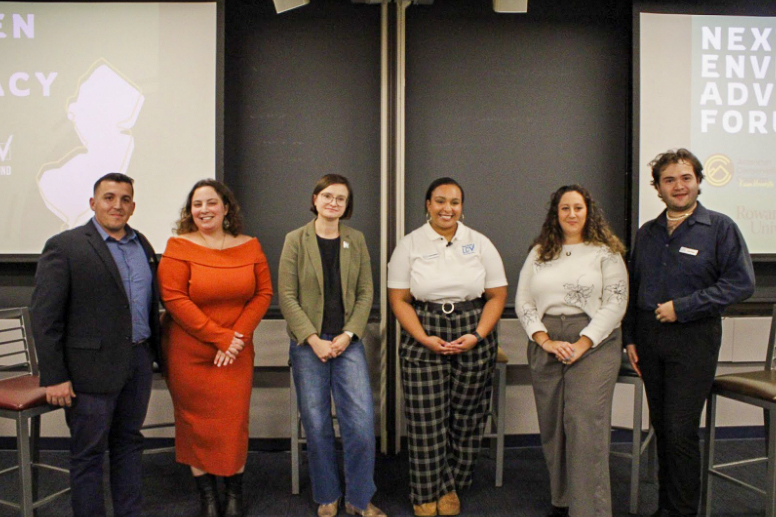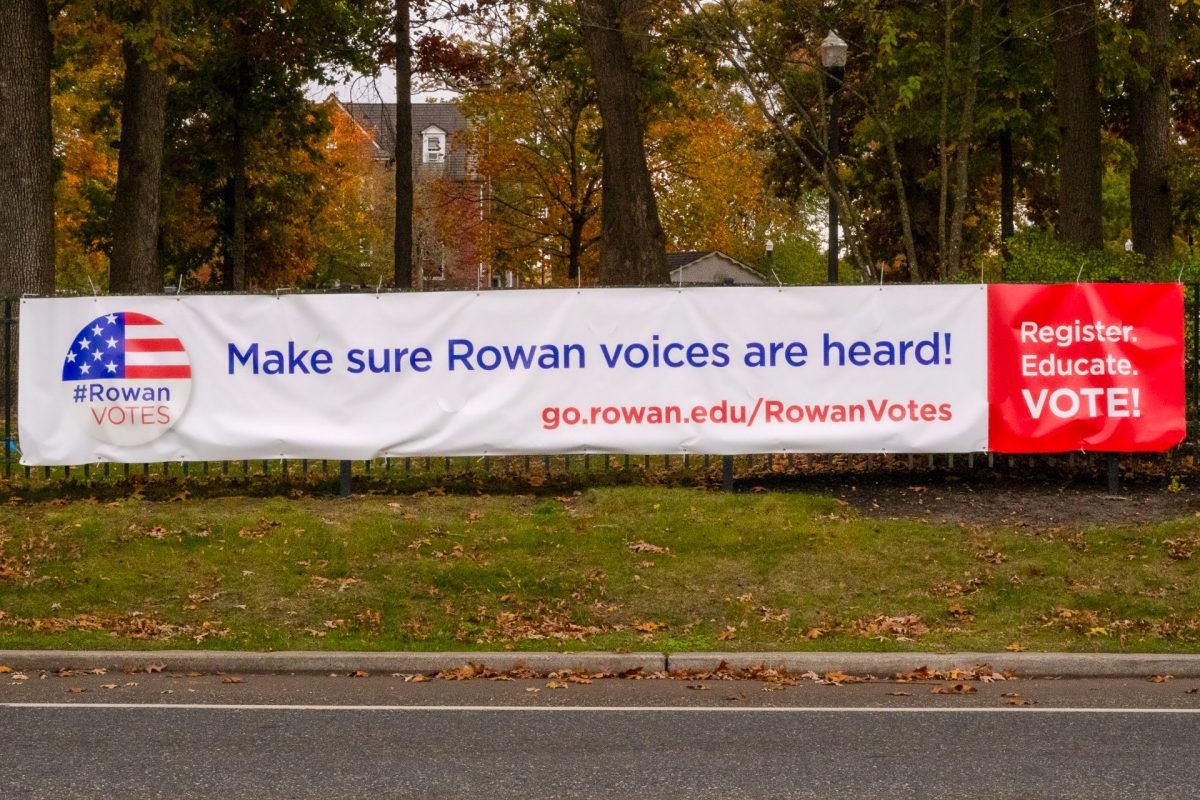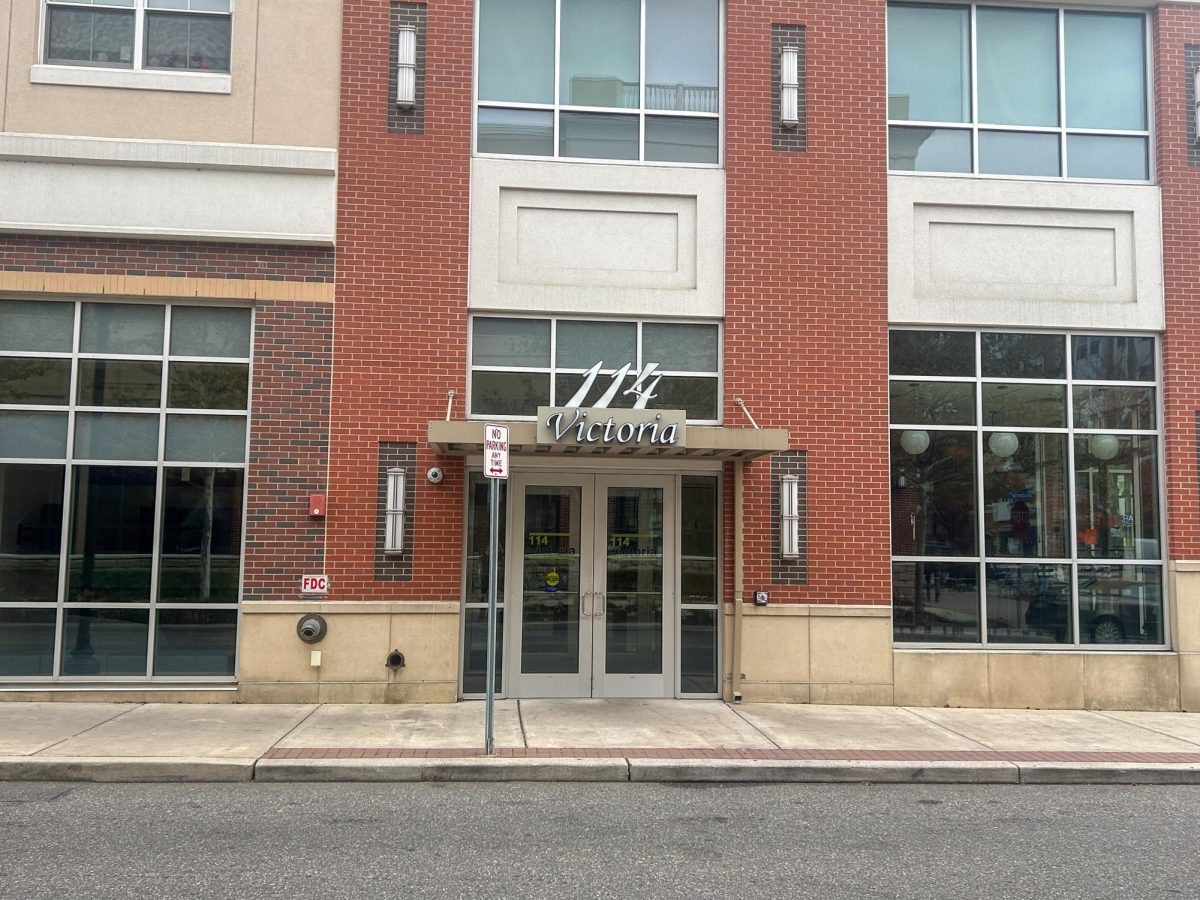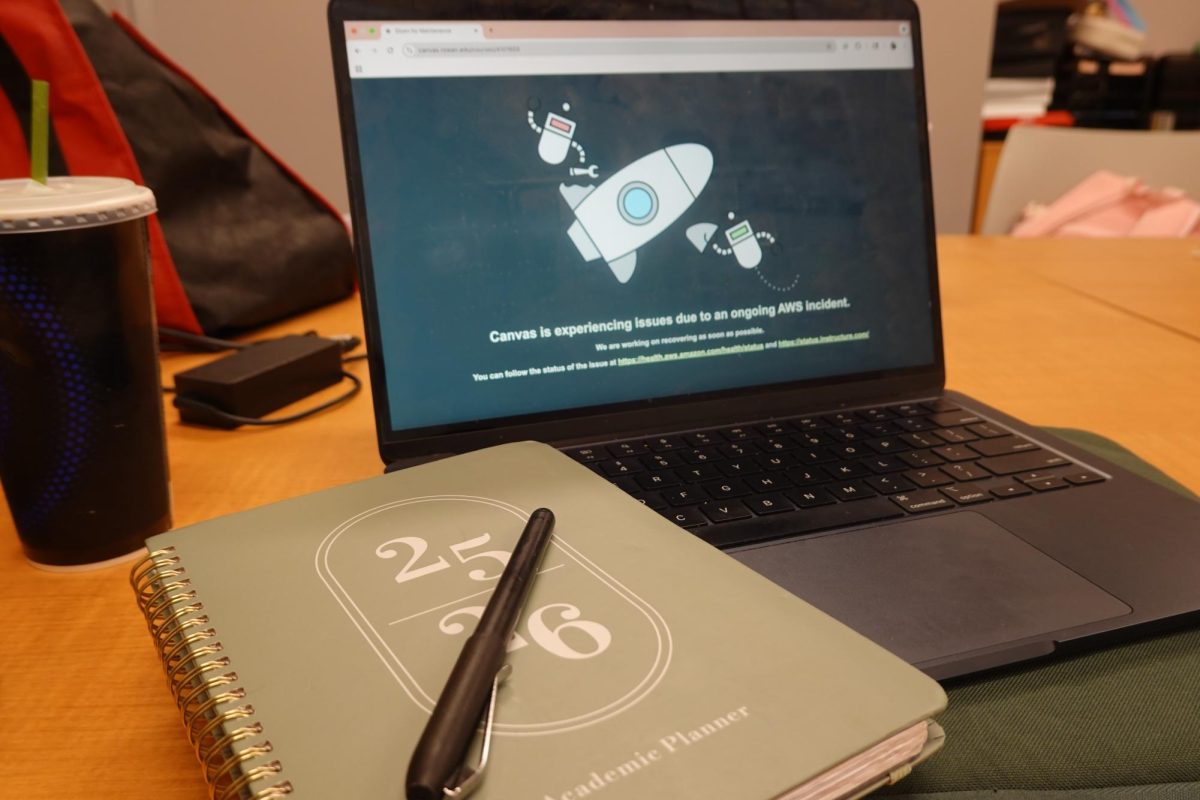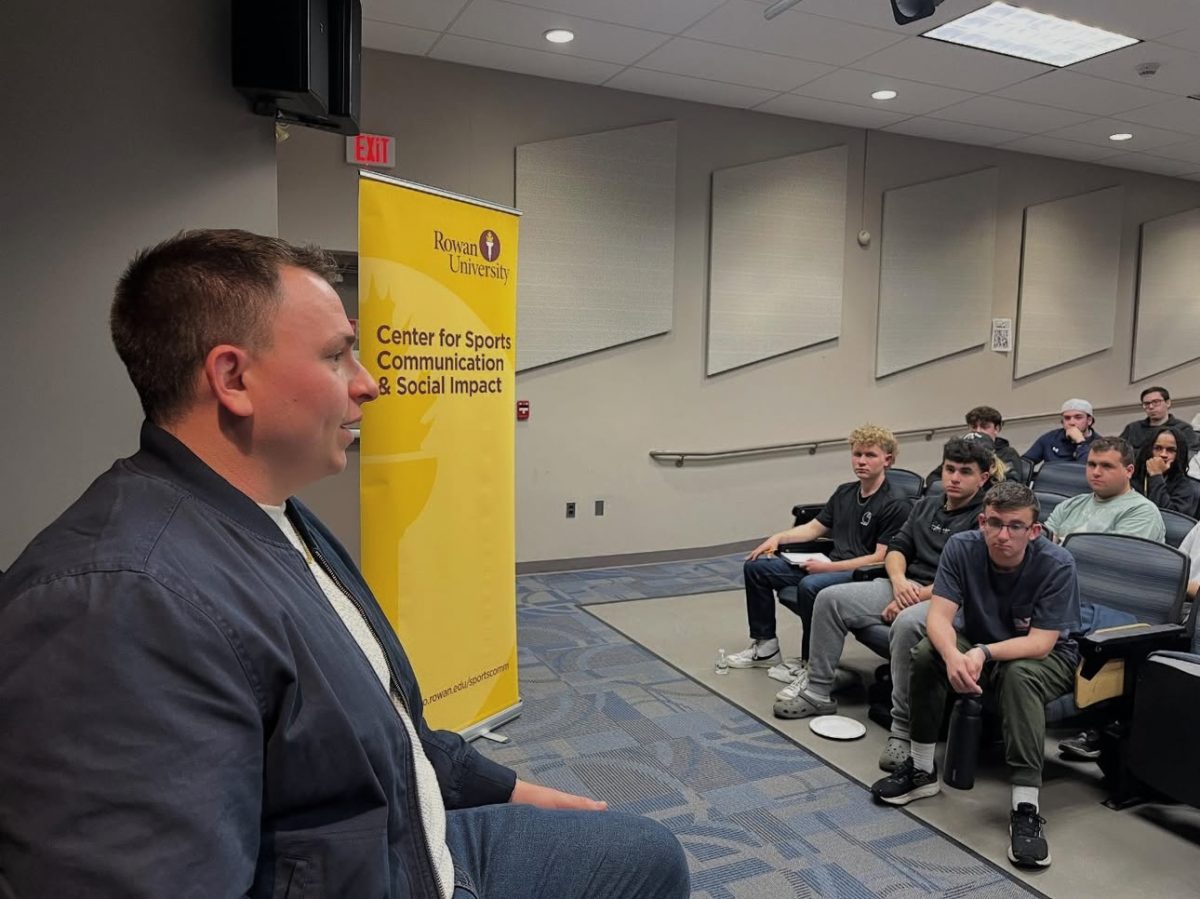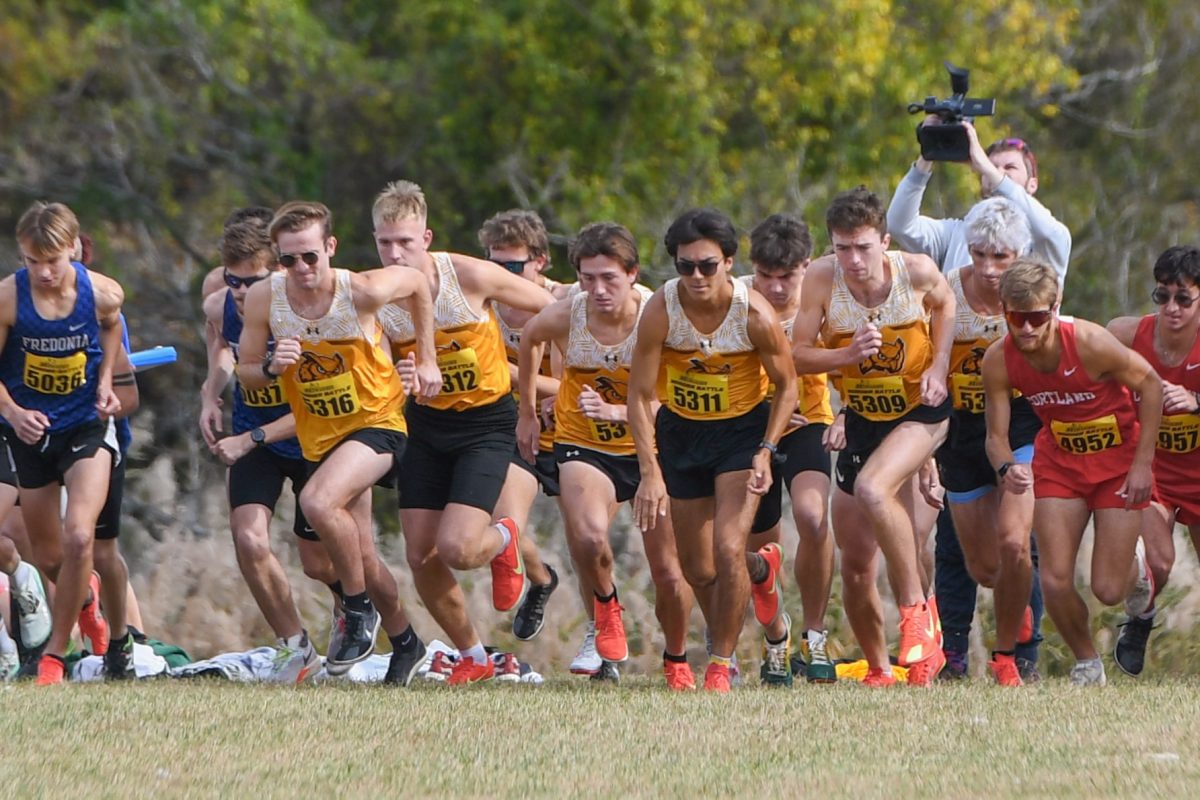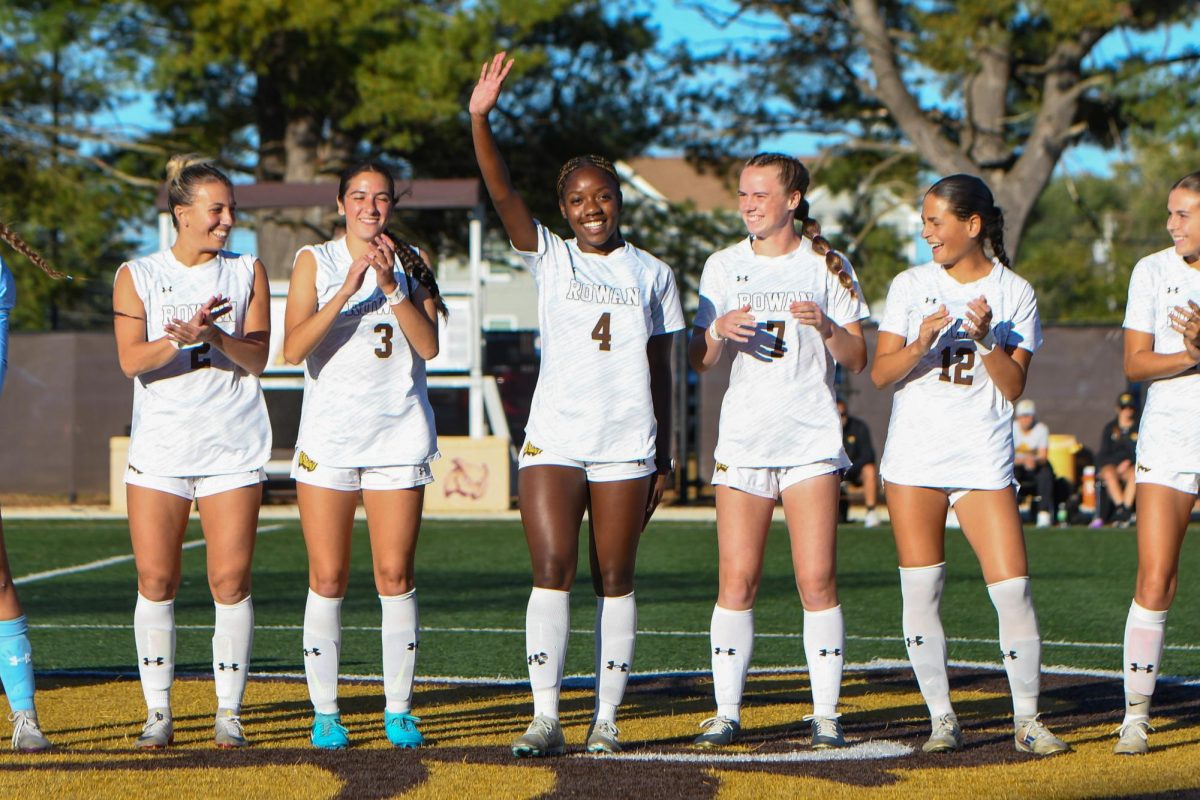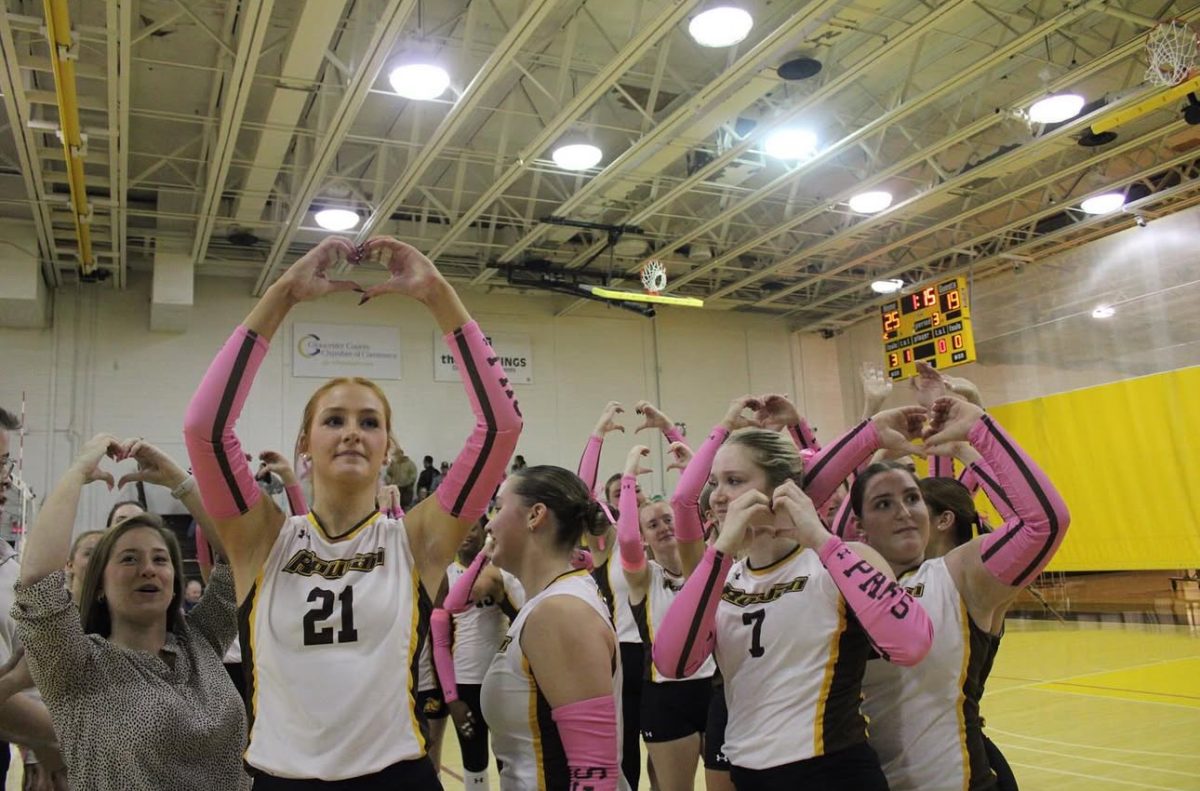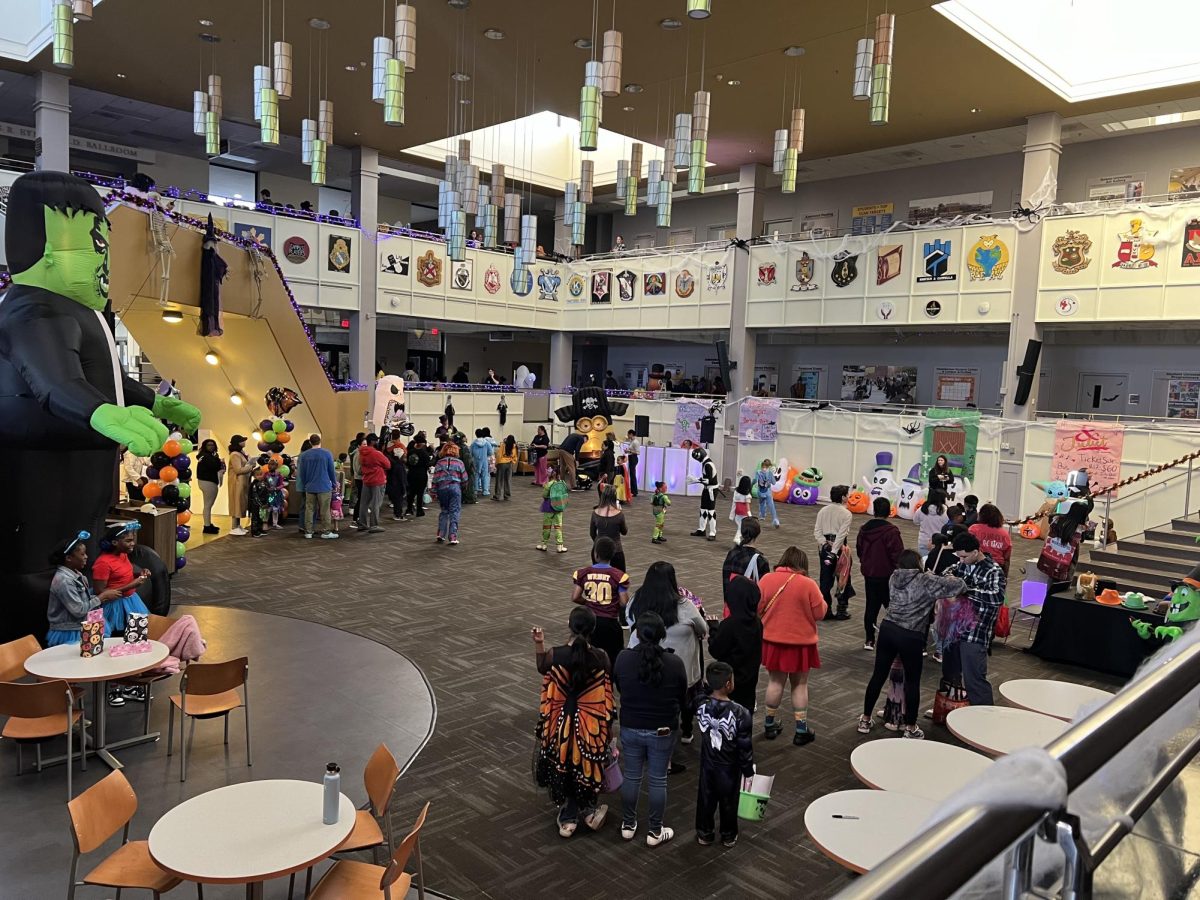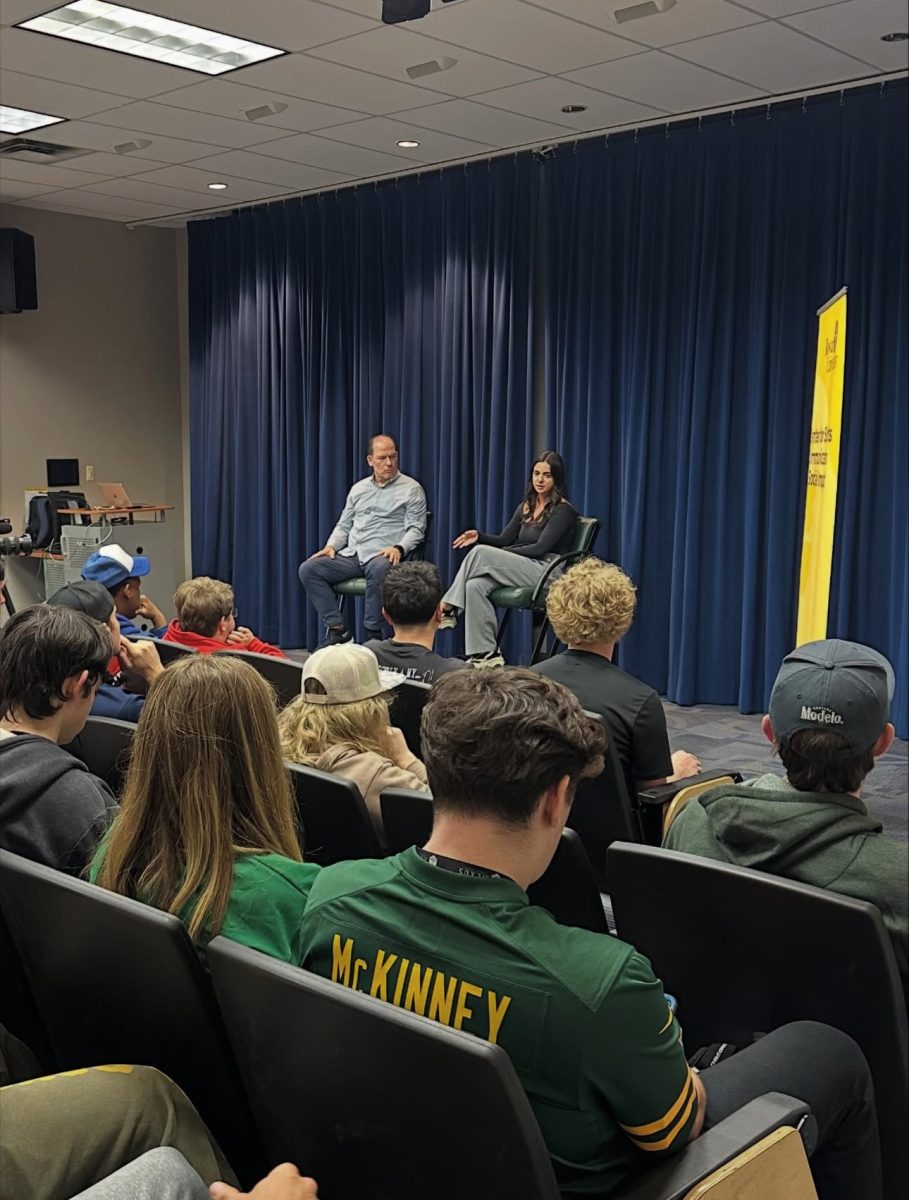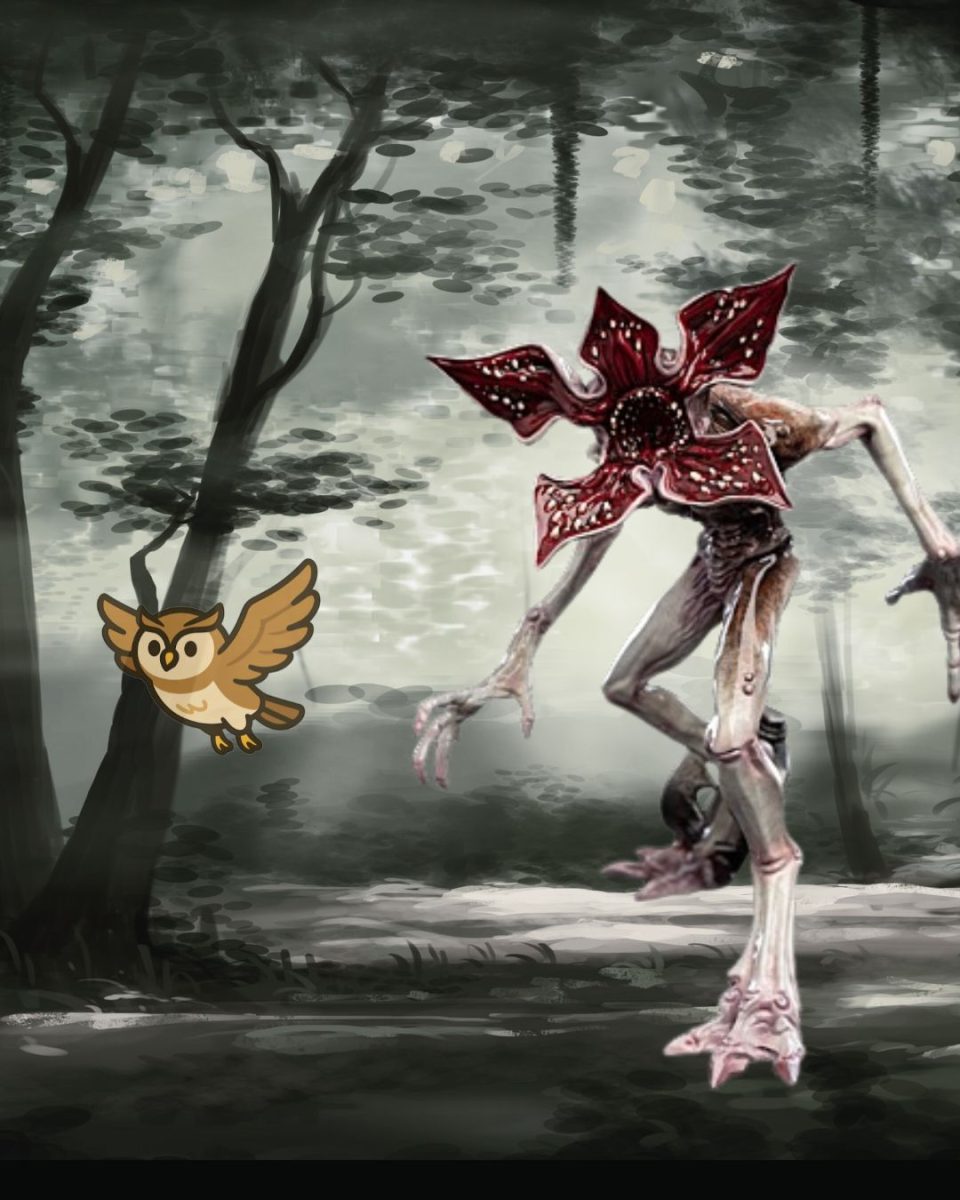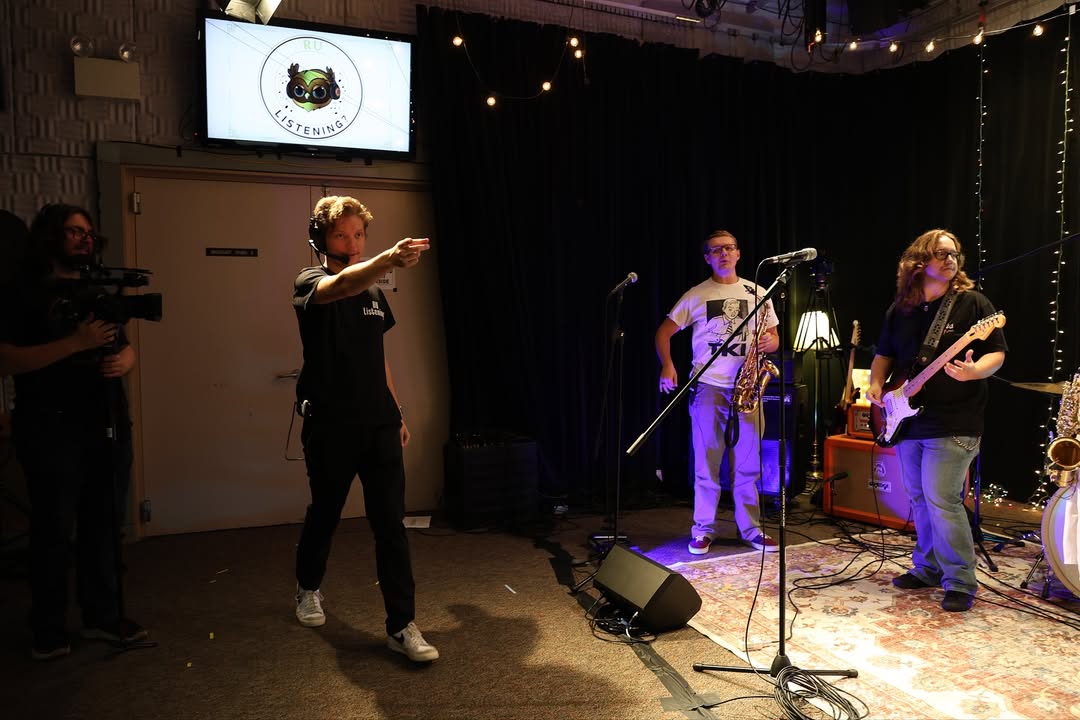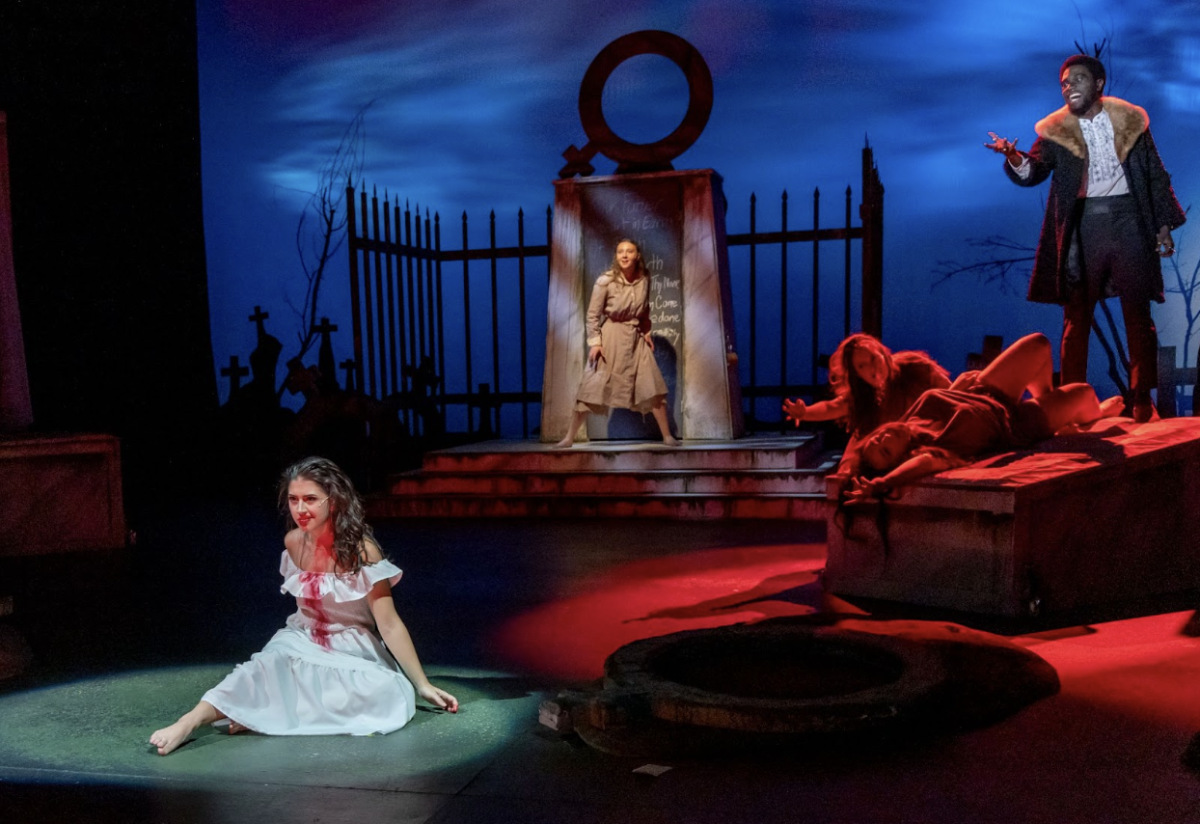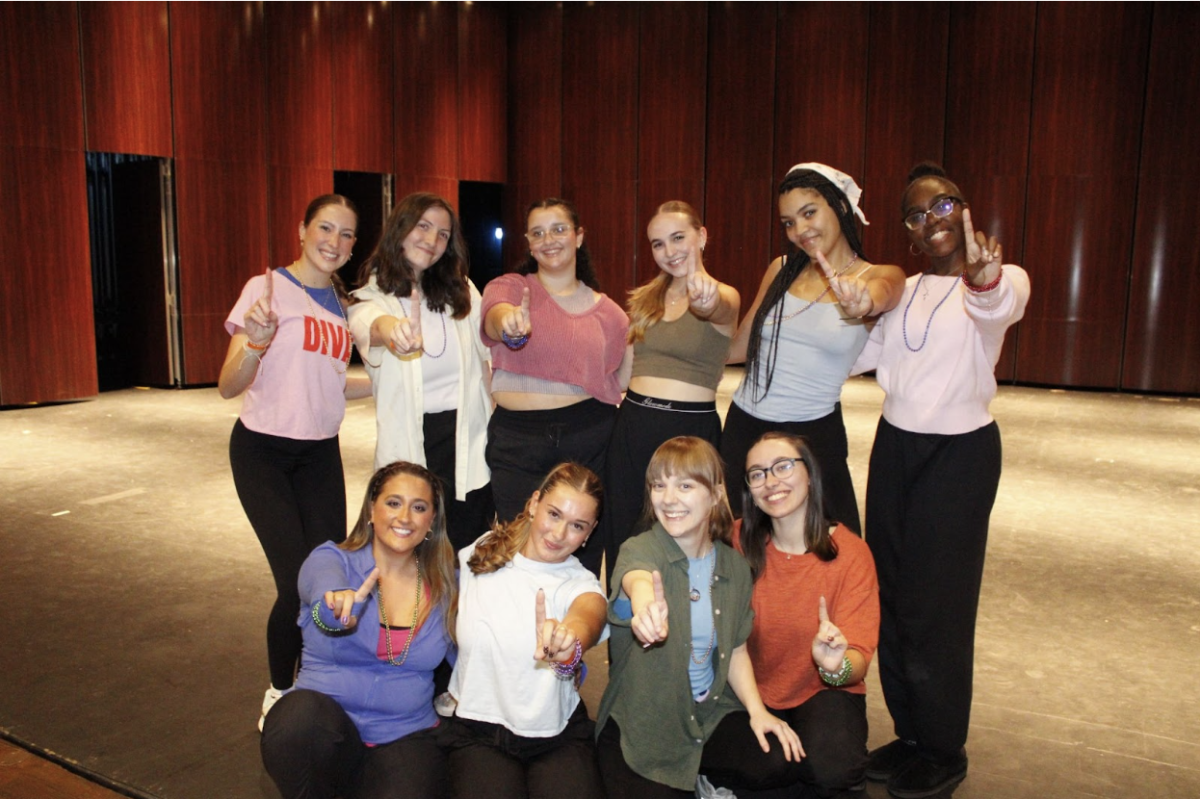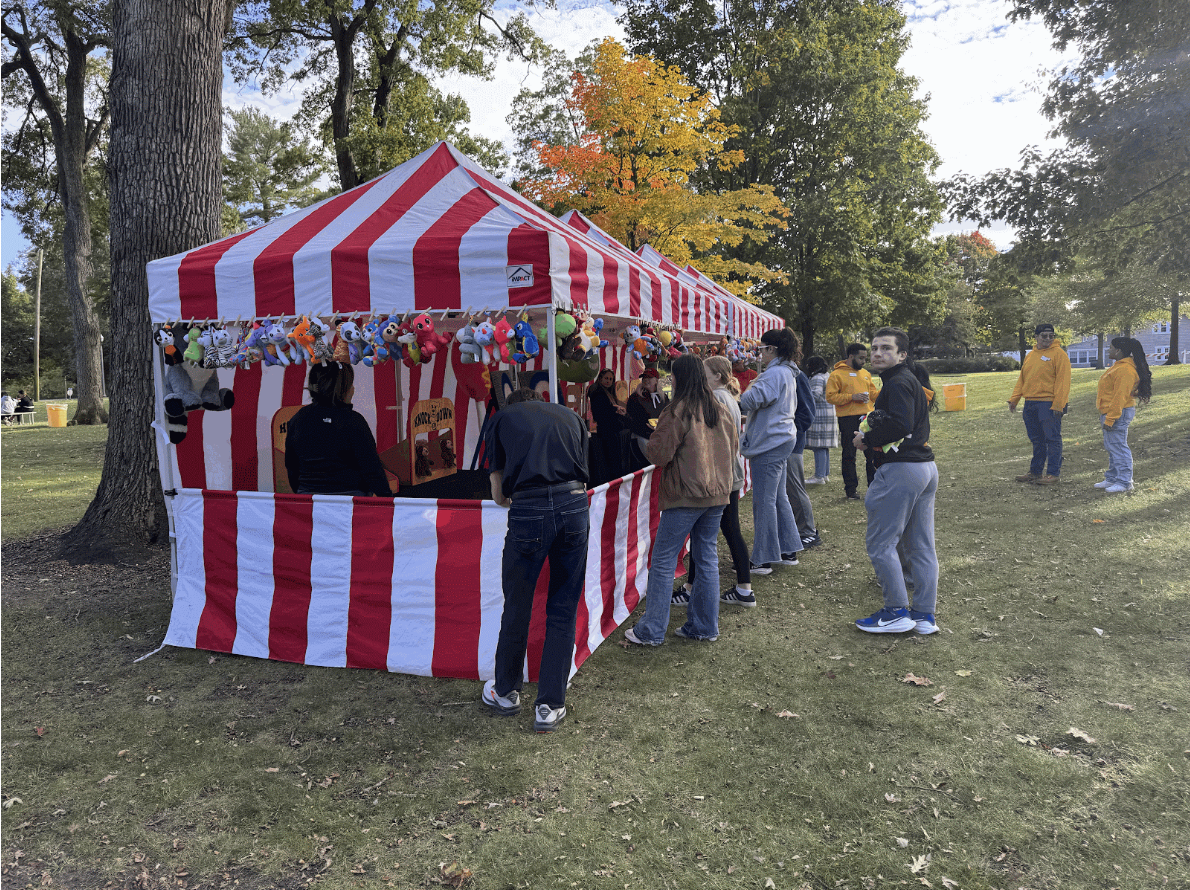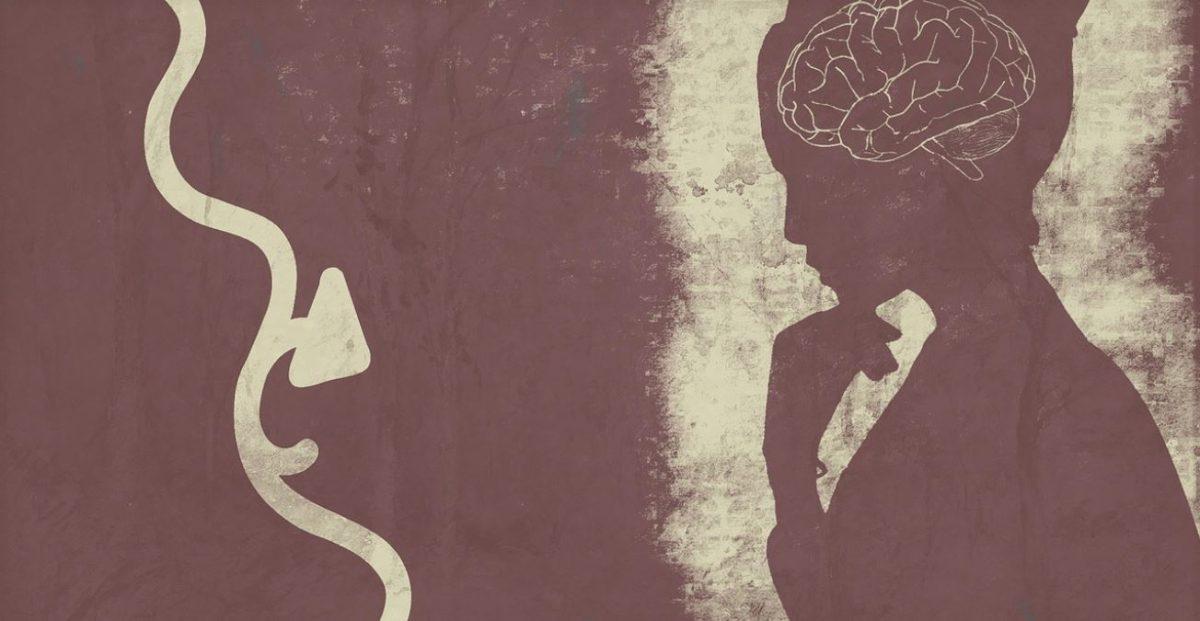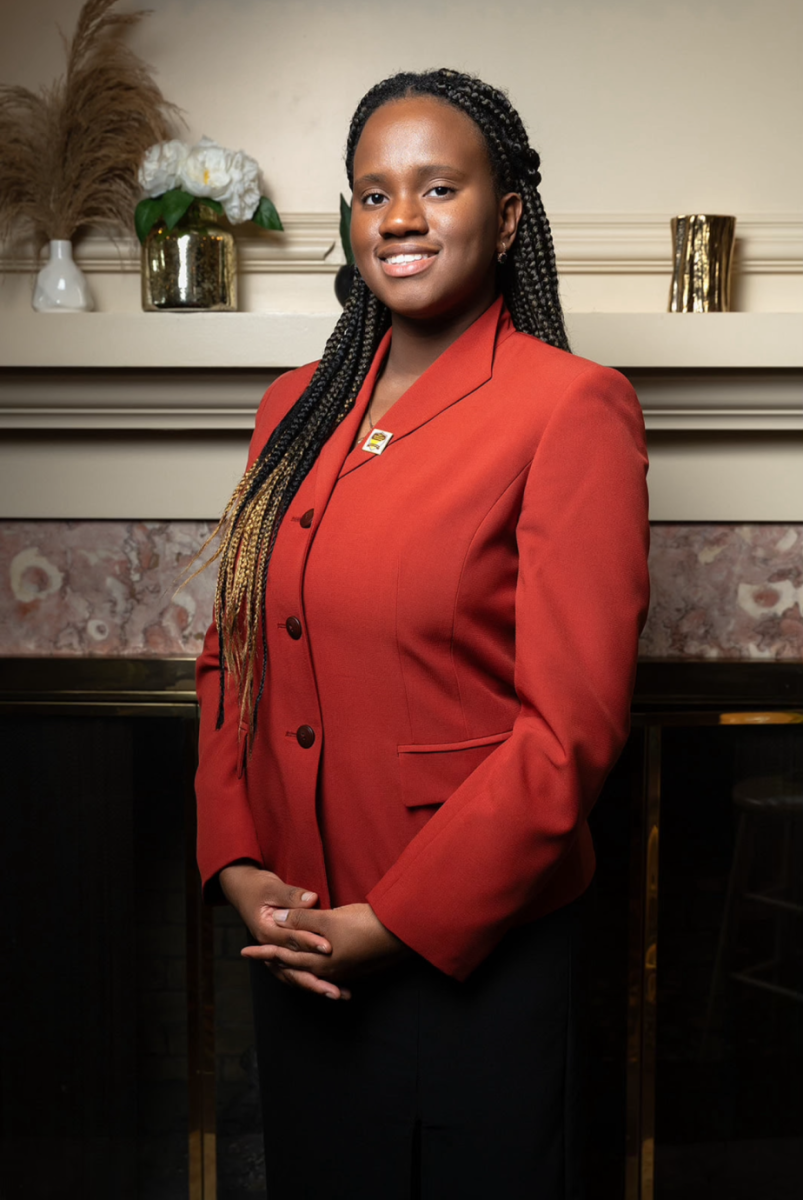Last Thursday, March 18, Rowan University, Horizon Blue Cross Blue Shield of New Jersey and The Quell Foundation hosted “Lift the Mask: Portraits of Mental Health and the Impact on Diverse Communities,” a presentation that aimed to raise awareness and create dialogue regarding mental health.
After hearing from individuals who were brave enough to share their everyday struggles in a moving and powerful documentary, a panel of clinical alumni discussed the stigma surrounding mental health and its effect on diverse communities.
Among the panelists were Gabrielle Aquino, a licensed clinical social worker and crisis management clinician, Hanna Dietrich, a graduate from the class of 2019 and sexual violence advocate, Michaela Kearney, a psychiatric nurse practitioner, Kevin Lynch, founder, president and CEO of The Quell Foundation, Denzell Moore, a graduate from the class of 2020 and Erica Morales Sanchez, an undergraduate from the class of 2022.
Moore and Kearney both tragically lost their brothers to suicide, and feel it is crucial for others to understand what their siblings faced on a day-to-day basis. For Moore, many people around him believed that his brother lost a battle against COVID-19. This made it challenging for him to cope with the dark reality that was being ignored.
“Every time people ask me, I tell the whole truth, because the whole truth needs to be understood,” Moore said.
Kearney’s brother passed away when she was just 13 years old, and, at that time in 2006, mental health was not something that she could speak about with those around her. All Kearney could do was give her appreciation to those who offered their condolences.
“I realized when I swept it under the rug, I wasn’t bringing attention to something that needed to be brought to the light,” Kearney said. “That’s why I do all of my work, so that when situations like this arise, people feel more comfortable to talk about it, because it is very much something that needs to be spoken about.”
Since 2018, The Quell Foundation has screened “Lift the Mask: Portraits of Mental Health and the Impact on Diverse Communities” on multiple college campuses. Lynch is well aware of the benefits that sharing a documentary like this with students from all across the country can have.
“I strongly believe that the next generation, Gen Z and those behind them, are going to change how we look at mental health,” Lynch said. “This is a generation of people who stood up to bullying. They are the ones who made it socially unacceptable to voice a negative opinion about all of our friends and family in the LGBTQ community.”
According to Lynch, these generations are capable of producing real, impactful change.
“We are going to rely on them to normalize the conversation around mental health,” Lynch said.
As a current undergraduate student, Sanchez has a sensible solution for how mental health can be discussed more openly on college campuses.
“In order for us to make it easier to talk about mental health, we must be coming from a no-judgment zone and from a respectful zone,” Sanchez said. “By doing that, we build a safe space for peers to openly be vulnerable and feel comfortable and fully accepted for who they actually are….When we consider each other, we need to be a listening ear or offer advice, and it’s not always advice that people are looking for, so you want to make sure you’re actively listening.”
According to The Quell Foundation, when dealing with mental health, there are barriers that need to be broken down for diverse communities and cultural backgrounds. Feeling as though there is lack of support is something that no individual, regardless of their background, should have to experience.
“Our experiences don’t define us, and we should definitely be understanding each other from where we come from,” Sanchez said.
For comments/questions about this story, email [email protected] or tweet @TheWhitOnline.

